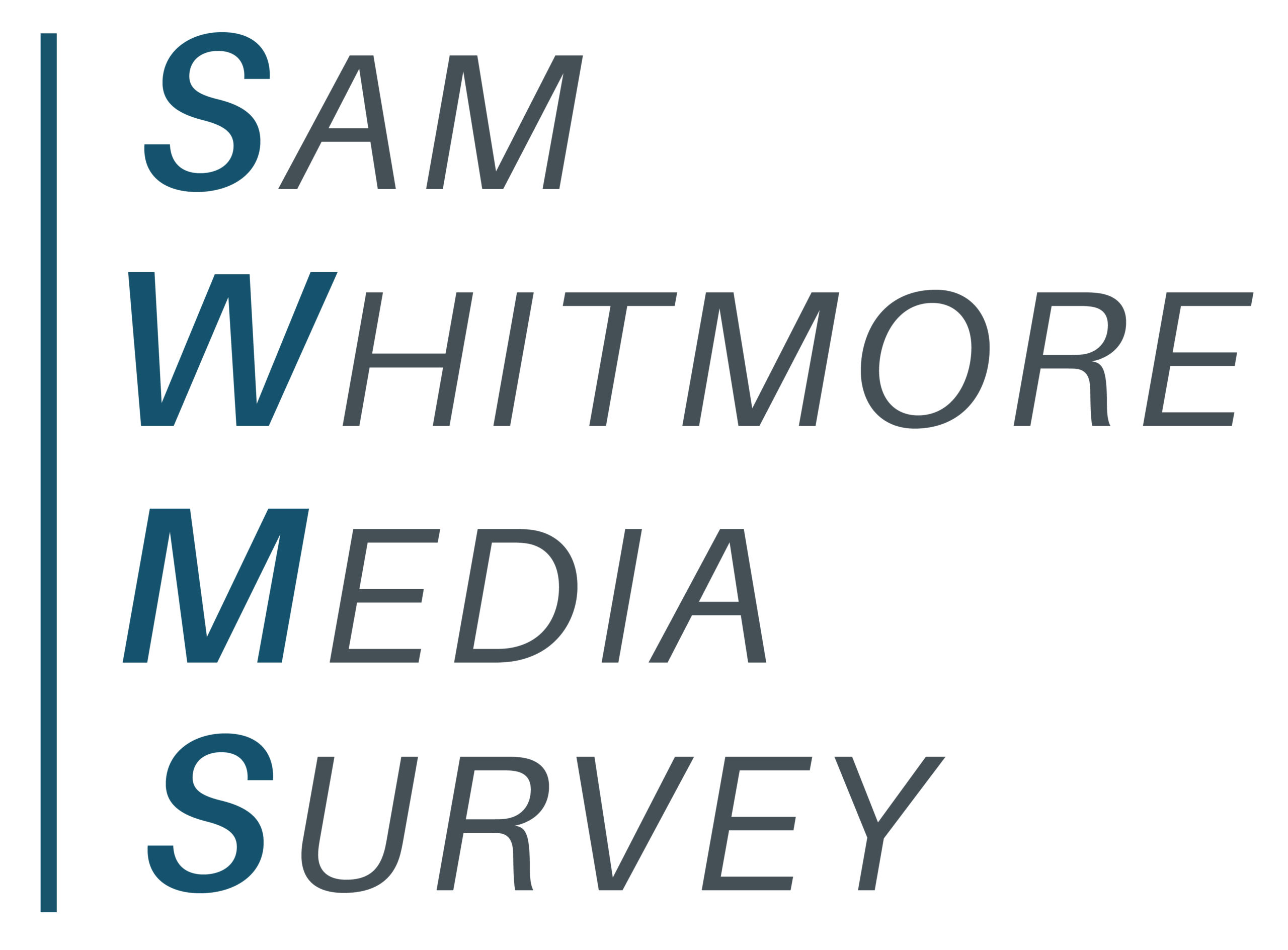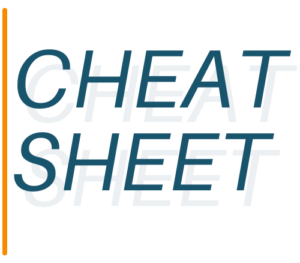June 24, 2025
ServiceNow has launched a special report on Fortune to jumpstart strategic spending on AI, illustrating workarounds for implementation problems, and otherwise illuminating the path to integrating AI into software operations. This is a branding exercise, of course, and perhaps is a sign that earned media is just not going get a strategic job done.
AIQ shows a big idea and how to leverage the prestige of Fortune without having to pitch stories to accomplish that same objective: you can just buy shelf space. In the case of AIQ, Fortune hired freelancer Sage Lazzaro — who used to work on staff there to create high-level content. So let’s keep an eye on this project, monitoring how well-respected it is… and whether its content gets surfaced in search engines.


